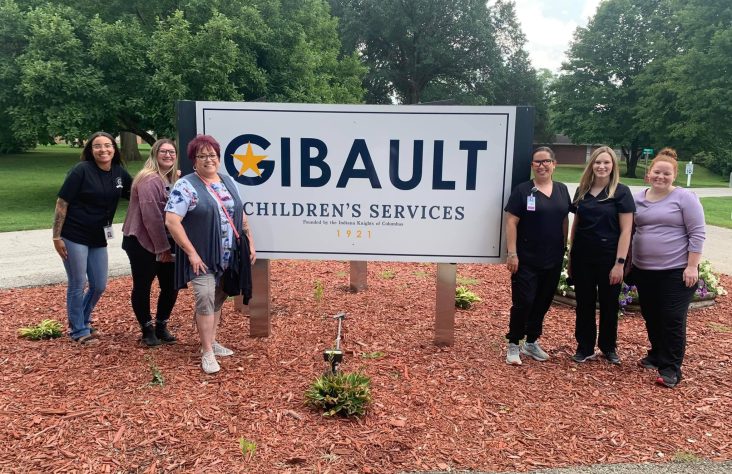December 5, 2017 // Perspective
The democracy of the dead: intellectual formation
When I think about the intellectual dimension of priestly formation, my mind instantly turns to my favorite chapter of G.K. Chesterton’s “Orthodoxy,” entitled, “The Ethics of Elfland.” (As an aside, I highly recommend the book and specifically this chapter, which is available to read online via a quick Google search.) In a discussion about tradition and democracy, Chesterton wisely states: “Tradition means giving votes to the most obscure of all classes, our ancestors. It is the democracy of the dead. Tradition refuses to submit to the small and arrogant oligarchy of those who merely happen to be walking about. All democrats object to men being disqualified by the accident of birth; tradition objects to their being disqualified by the accident of death. Democracy tells us not to neglect a good man’s opinion, even if he is our groom; tradition asks us not to neglect a good man’s opinion, even if he is our father.”
Often times, I speak with people who are under the impression that the philosophical studies that the Church asks seminarians to undergo is a waste of time because they appear to only focus on the thoughts of a bunch of dead people no one else seems to know about. (Indeed, I do not recall names like Anaxagoras and Thales being common household conversations.) However, seen in the light of Chesterton’s comments, studying the thoughts of the past and present makes much more sense. I see the philosophical studies I do assisting not only my ability to think through situations and problems more clearly, but I also see the beauty of the wisdom won by thinkers of the past through struggle and dedication. Ultimately, philosophical studies give one a deep appreciation for the depth of human reason and the reach of the human spirit.
Intellectual formation done well gives the candidate for holy orders a deeper appreciation for humanity’s capabilities and our need for redemption through Christ. In this way, the intellectual formation that candidates for holy orders receive is a great gift given to us for the good of the whole Church.
The result of intellectual formation is the pursuit of the wisdom of God and the pastoral implications of that knowledge. For as St. Pope John Paul II put it in “Pastores Dabo Vobis,” “For the salvation of their brothers and sisters they (seminarians) should seek an ever deeper knowledge of the divine mysteries.” I think that this is often lost on much of our society, which sees truth as relative and inwardly personal (people talk often of ‘your truth’ and ‘my truth’). The well-formed priest ideally is able to see patterns of thought that have gone astray and gently bring his brothers and sisters back to the Truth. In order to do this well, intellectual formation must be done in the light of the other three dimensions, or it can be inherently self-seeking. It can become about a grade, or an honor.
The question at hand is, of course, how does this apply to everyone else? It can be hard to find good philosophical and theological classes that are readily accessible to the average person because they are such a time commitment and are not necessarily practical for those who have families and demanding jobs. What I suggest are things that are simple and easy, and most importantly things that can become routine in our lives. Commit yourself to what you can benefit from and handle, for example: reading a paragraph of the Catechism every day, or finding a good Catholic podcast to play while you are folding laundry or going for a run (“Catholic Stuff You Should Know,” “Lanky Guys,” and “The Liturgy Guys” are all podcasts that are very well done and intellectually stimulating.
Not everyone needs to read and understand the totality of Aquinas’ “Summa Theologica,” or Descartes’ “Meditations.” However, to the extent that one can, it is good to learn about the faith, because it ultimately brings us closer to the mind of God, who is the source of our knowledge and the goal of our lives.
The best news. Delivered to your inbox.
Subscribe to our mailing list today.





